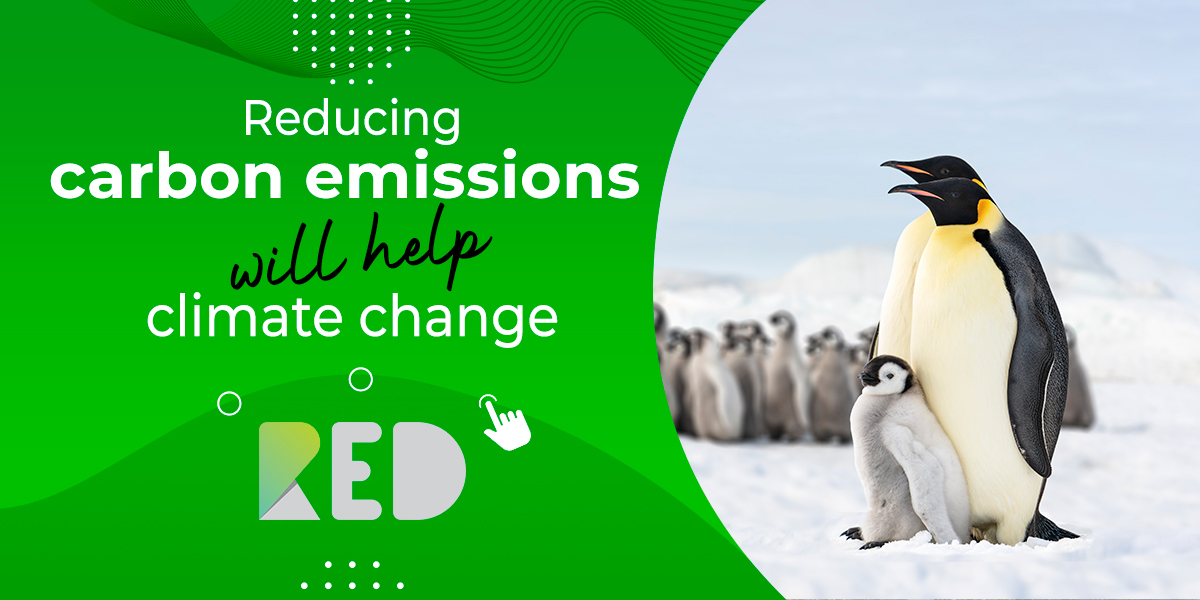Carbon emissions are a type of greenhouse gas that happens when CO₂ is dumped into the atmosphere because of human action or procedure. These emissions lead to changing climate, which has significant implications for people and the environment. They capture solar energy in the atmosphere, rising global temperatures. It is essential to limit carbon emissions since they are harmful to the environment.
What are carbon emissions?
When CO₂ is released into the atmosphere because of human activity or process, it is called carbon emissions. The reporting individual’s direct carbon emissions come from sources it owns or controls. It could include pollutants produced directly by manufacturing items, such as factory odours. Indirect carbon emissions are emissions from resources that the reporting company does not own or manage directly. Purchasing power, steam, and heating/cooling produce indirect carbon emissions. They are, nonetheless, tied to the company’s operations. These emissions occur in the facility that generates power, steam, and cooling or heating. However, the consuming entity is still accountable for the greenhouse gas emissions produced as an energy consumer.
Why do we need to reduce carbon emissions?
Carbon emissions from factories and automobiles are among the most prominent climate change and global warming pollutant sources. Carbon emissions increase carbon dioxide levels in the atmosphere, trapping it below the ozone layer. The ozone layer is depleted by HFCs and other sources, resulting in less protection from solar radiation and UV rays. Higher global temperatures, called global warming, resulting from accumulating atmospheric gases, but that is not all. Increased temperatures have a significant impact on weather patterns. Storm intensity, rain regularity, and more intense droughts and wildfires are the negative consequences. Animals, plants, crops, and humans are all affected by carbon emissions. It is particularly concerning that melting polar ice caps are causing rising sea levels. Because carbon emissions are bad for the environment, it is necessary to reduce them.
How do greenhouse gases affect the economy?
Climate change negatively influences productivity due to the destruction of infrastructure due to calamities such as flooding, sea-level rise, and agricultural sabotage. Developed countries like Canada, New Zealand, Germany, and the UK will see a productivity loss of less than 0.1% per emissions unit. However, for every trillion tons of carbon emitted, lost productivity in emerging nations such as India, Malaysia, and Thailand would range from 3-5 % of total GDP annually. Keeping carbon emissions low would imply that productivity deficits would be reduced.
Steps to reduce carbon emissions
- To avoid carbon emissions, walk or ride your bike wherever feasible. Speeding and excessive acceleration diminish efficiency by up to 33%, biogas and money, and raise carbon emissions. Being stalled in traffic costs petrol and produces CO2 unnecessarily. Employ traffic apps and sites to find alternate routes or delays. Eliminate any excess baggage from your vehicle.
- Whenever you leave the room, switch off any lights you are not using. Compact fluorescent or LED light bulbs should be used instead of incandescent ones. Use a programmable thermostat to switch off the heat and air conditioning while you are not at home. It will help to reduce carbon emissions.
- The “supply of products” is projected to account for 29% of US greenhouse gas emissions, which refers to the extraction of resources, manufacture, transportation, and final disposal of “items,” such as consumer products and packaging, construction components, and passenger cars, but not food. You may drastically minimise your carbon emissions from the “supply of commodities” by buying secondhand things and reselling or recycling products no longer in use.
Is the RED Platform efficient in reducing carbon emissions?
For the ecosystem to operate appropriately, emissions of greenhouse gases should be drastically reduced. The RED Platform provides a mechanism that allows users to quickly decrease their carbon emissions by purchasing Green Sustainability Certificates that attest to the amount of CO2 offset. The RED Platform was built to solve these issues and make the CO₂ offset process more transparent and efficient. Companies will purchase carbon offsets on the marketplace by contributing to renewable generation and promoting green ideas from users. Furthermore, because the entire process will take place on the blockchain, it will be accessible, and anybody can verify its authenticity.
You can visit the RED Platform by clicking on this link: landingpage.redplatform-staging.com.



